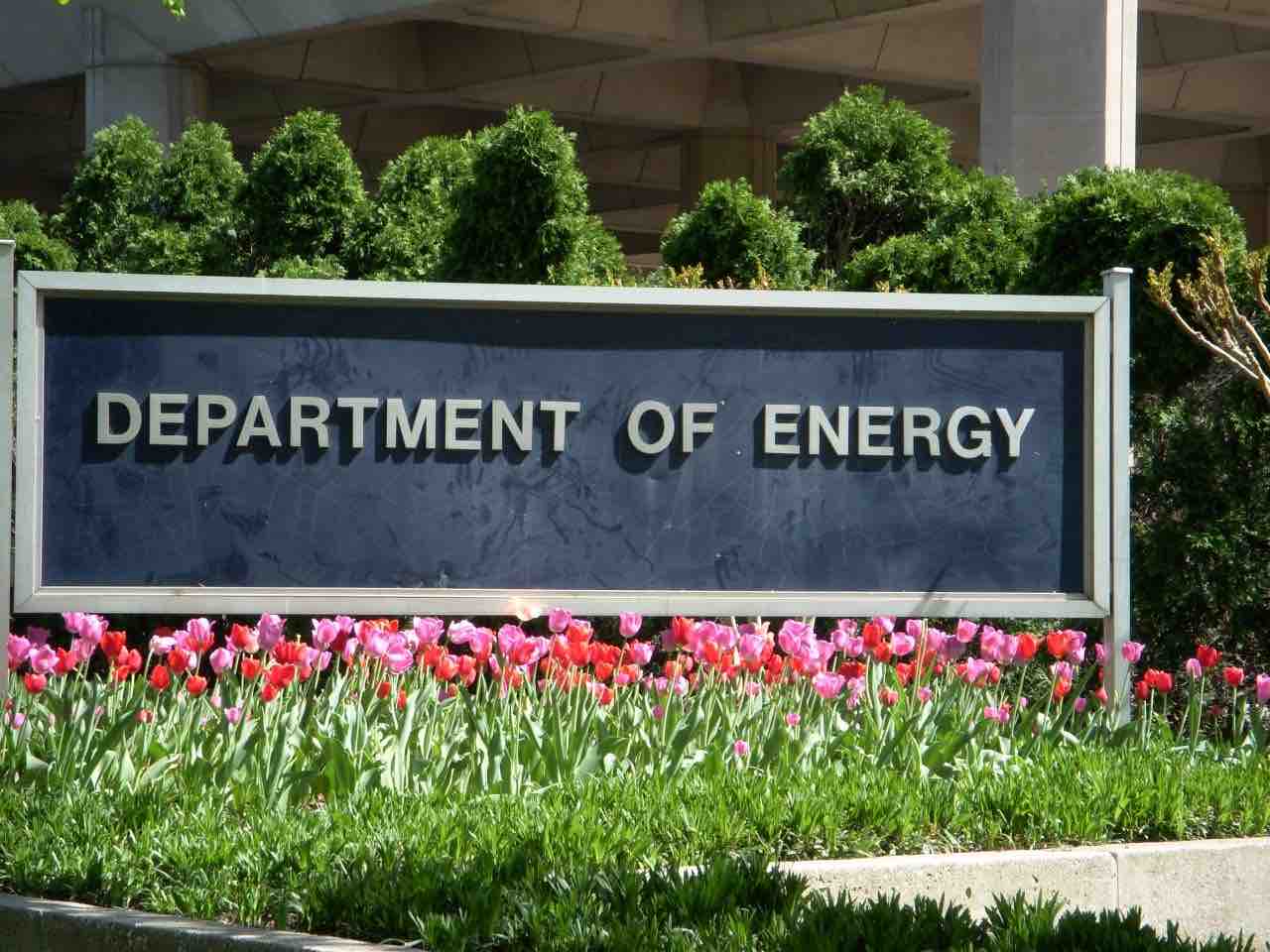To fill key positions in the renewable energy and energy efficiency office at the Department of Energy (DOE), the Trump administration is lifting people straight from the Koch brothers’ numerous anti-clean energy efforts.
Next week, the Senate Energy and Natural Resources Committee will consider the nomination of Daniel Simmons, who spent years working for anti-renewable energy groups funded by the Kochs, to head the Office of Energy Efficiency and Renewable Energy (EERE).
Simmons was previously the vice president for policy at the Institute for Energy Research (IER). He held the same position at the American Energy Alliance, the advocacy arm of IER. Both are Koch-funded groups.
In 2015, AEA, called for Congress to use 2016 budget cuts to “eliminate” EERE. Simmons, who has been leading EERE on a temporary basis since the spring of 2017, has also questioned the value of promoting renewable energy sources.
In keeping with President Trump’s mission to slash regulations, the administration has nominated and hired people whose policy positions directly conflict with the mission of the agency where they serve.
As temporary head of EERE, Simmons has been working with many like-minded individuals, including other officials who came from Koch-funded groups.
Earlier this year, DOE hired a longtime policy analyst for Koch-funded groups to serve as a senior adviser under Simmons. Sofie Miller, who previously wrote papers critiquing federal energy efficiency standards, is now advising department officials on energy efficiency programs and regulations.
From 2010 to 2012, Miller worked as a senior policy analyst and research fellow at the Charles Koch Institute where she conducted economic analysis of DOE and Environmental Protection Agency (EPA) regulations, according to her LinkedIn page.
Miller left the institute in 2012 to join the George Washington University Regulatory Studies Center, an anti-regulation research organization, where she reported to Susan Dudley, the center’s director.
Before Dudley came to the center, she directed the regulatory studies program at George Mason University’s Mercatus Center, one of the largest recipients of Koch money among U.S. colleges.
In the George W. Bush administration, Dudley served in the powerful position of administrator of the Office of Information and Regulatory Affairs.
At the GW Regulatory Studies Center, Miller published at least two big papers criticizing DOE efficiency rulemakings. Under Obama, DOE finalized energy conservation standards for residential dishwashers, microwaves, clothes washers, furnaces, and air conditioners.
In a paper published in September 2015, Miller wrote that these energy efficiency standards adopted by the Obama administration were faulty because the consumer benefits of reduced energy costs should not be counted in the cost-benefit analysis.
She argued that benefits enjoyed exclusively by consumers, rather than society at large, stands in contrast to a 1993 executive order that instructs regulators like DOE to implement rules that are made necessary by a “compelling public need.”
In the other paper, published in June 2017, Miller called for rewriting the law to potentially eliminate the requirement for DOE to consider at regular intervals whether to increase the stringency of its appliance energy efficiency standards and change the law to permit DOE to weaken standards.
Miller testified at a House hearing in June 2016 where she criticized DOE’s “one-size-fits-all” energy efficiency standards for household appliances. “These regulations are a cost to consumers rather than a benefit,” she said.
Miller did not respond to ThinkProgress’ request for comment on the policy work she is doing for DOE.
Last November, DOE began publicly weighing a complete overhaul of its Appliance and Equipment Standards Program. These changes would be the first significant reexamination of the DOE energy conservation standards program since the modern version of the law came to be in 1987.
In a request for information, published on November 28, 2017, Simmons requested comment “on which flexible compliance or market-based program scheme might incentivize the most cost-effective improvements in energy efficiency.”
On May 17, Simmons, Miller and other DOE officials met with appliance manufacturers to discuss the request for information, according to an ex parte communications memo submitted to DOE by the Association of Home Appliance Manufacturers on May 30.
Another DOE official who attended the meeting with appliance manufacturers included Alex Fitzsimmons, chief of staff and chief policy adviser to Simmons at EERE.
Like Simmons, Fitzsimmons came to DOE from the Koch-funded IER and AEA where he held the position of manager of policy and public affairs.
With energy dominance one of its major themes, the Trump administration has taken measures to ensure greater usage of energy, especially fossil fuels.
The Trump administration has ignored legal mandates to update appliance efficiency standards. Over the first 11 months of Trump’s presidency, DOE missed several deadlines for updating appliance efficiency standards.
Source: Think Progress. Reproduced with permission.










